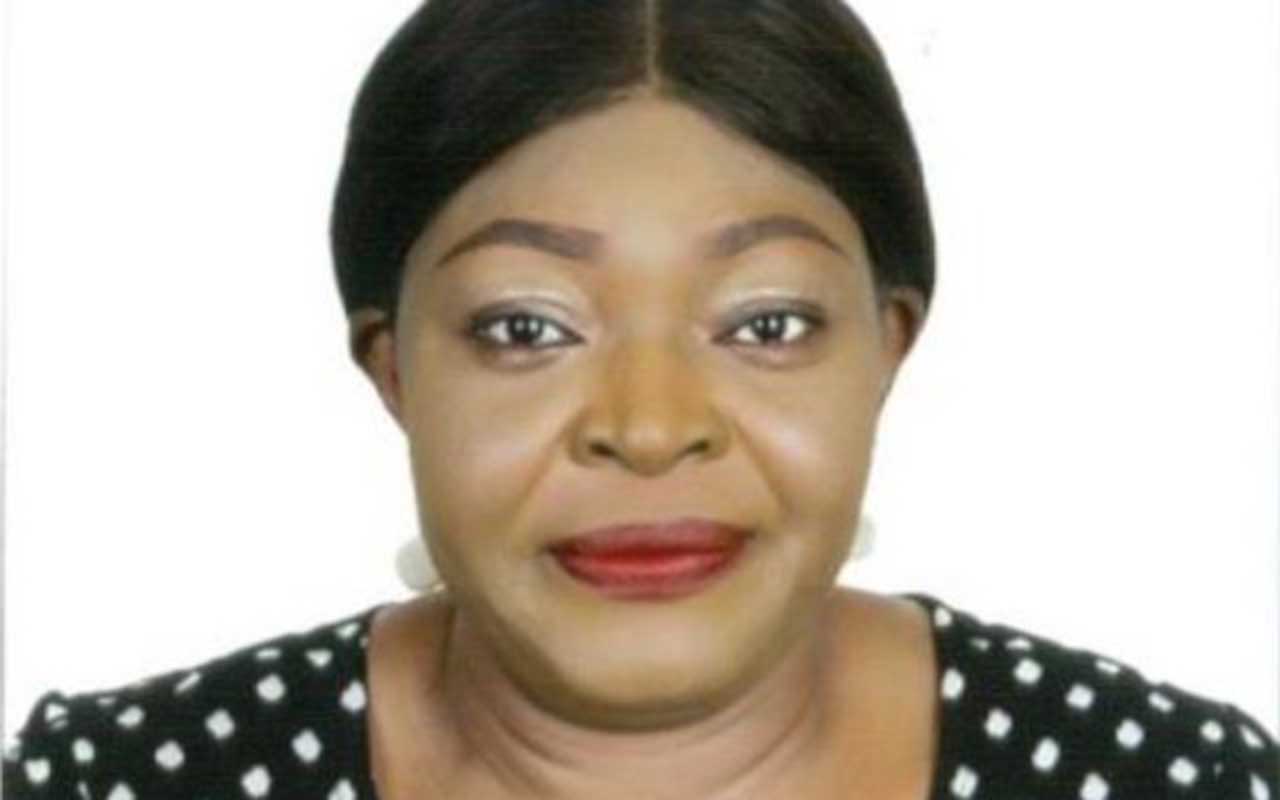
Deputy Clerk of the House of Representatives, Vivian Njemanze, noted that stakeholders could not afford to be speculative when it comes to policy formulation and decisions in the parliament regarding climate resilience and adaptation.
Speaking at a panel discussion on ‘Gender and Intersectionality of Climate Change’ a side event of the conference, sponsored by the Development Research and Projects Centre, (dRPC) in Abuja, she submitted that research was essential to support the action of government.
“We need to build a body of knowledge through research and data in solving this issue. We cannot afford to be speculative, we have to align our actions with government structure to effectively address this issue,” she said.
Njemanze added that climate change has taken a global dimension, so its solutions must also be global in perspective, as it also presents a global economic opportunity to reshape related issues.
On the impact of climate change on vulnerable populations, Projects Director, dRPC, Dr Stanley Ukpai, said global warming impacts these populations disproportionately, especially in recent months, during the floods.
His words: “We have seen that the Lake Chad is receding, and we are seeing the effects on food security. So, what the dRPC is doing is highlighting the intersection between climate change and vulnerable populations, as well as the intersectionality with gender.
“It is not news that more than 50 per cent of the agricultural workforce is made up of women and even in conflict zones, people who are more impacted are women. So, we hope to, through this conference, create a body of work with the scientists and researchers who are present to try an integrated gender-to-climate resilience and adaptation strategy for a better policy-making process.”






